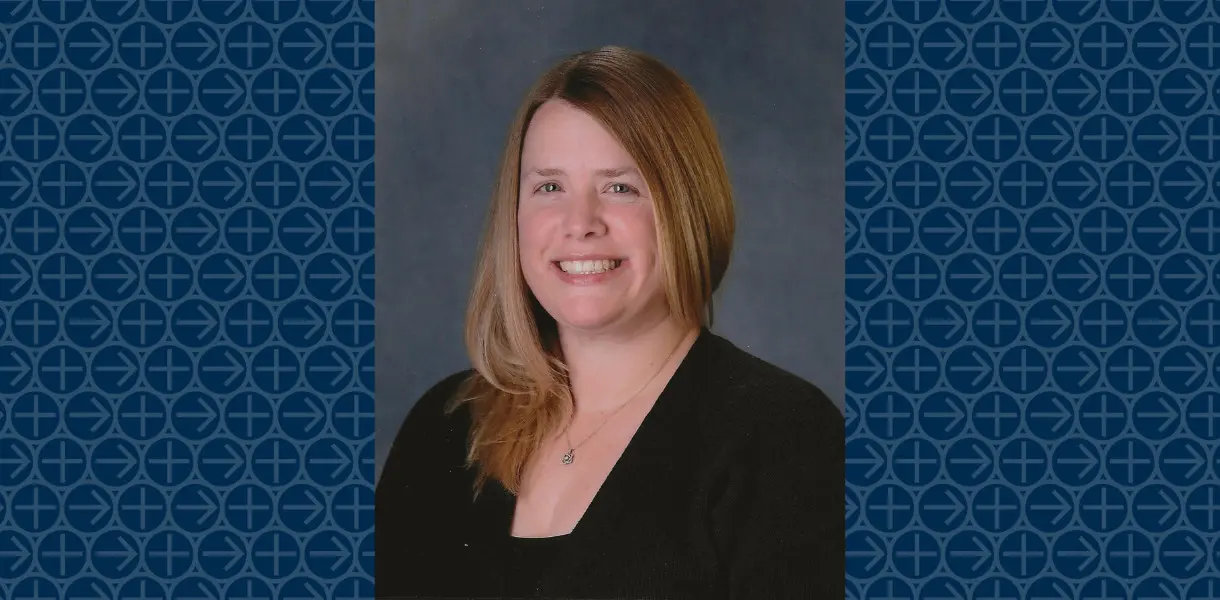
LVC News
- Accounting
- Accounting/MBA 3+1
- Actuarial Science
- Allwein Scholars
- Alumni Profiles
- Applied Kinesiology
- Athletic Training
- Athletics
- Audio Music Production
- Awards
- Biochemistry & Molecular Biology
- Biology
- Breen Center
- Business Administration
- Campus
- Chemistry
- Clinical Exercise Physiology
- Clinical Mental Health Counseling
- Community Service
- Computer Science
- Creative Arts
- Creative Writing
- Criminal Justice
- Data Science
- Digital Media
- Economics
- Education
- Engineering
- English
- Environmental Science
- Esports
- Exercise Science
- Faculty Profiles
- Gallery
- German
- Giving
- Graduate Studies
- History
- Honors
- Intelligence and Security Studies
- Interaction Design
- International Business and Policy
- LVEP
- Marketing
- Mathematics
- MBA
- Medical Humanities
- Medical Laboratory Science
- Music
- Music Business
- Music Education
- Neuroscience
- Nursing
- Physical Therapy
- Physics
- Political Science
- Pre-Law
- Pre-Medical Professions
- Psychology
- Self-Designed
- Social Justice and Civic Engagement
- Sociology
- Spanish
- Speech-Language Pathology
- Sport Performance
- STEM Education
- Student Profiles
- Study Abroad
- Sustainability
- Transfer
- Undecided/Exploratory
Advancing in the World of Intelligence

When Terri Lyn Ludwig M’24 learned of LVC’s Master of Science in Intelligence and Security Studies program, she knew it was the perfect opportunity to advance in the field she’s passionate about.
Ludwig currently works for the Pennsylvania State Police Criminal Intelligence Center (PaCIC) as an intelligence analyst with a specialization in case support.
“An advanced degree will allow me to further my career trajectory by giving me a better understanding of the intelligence community, the sources and partners that work within that community, and allow me to advance my analytical writing skills,” said Ludwig.
LVC’s 30-credit, online-only graduate program puts students at the forefront of national security policy and intelligence analysis.
“I enjoy the immense challenge of taking little bits of investigative information and finding that needle in the haystack to bring successful resolutions to criminal investigators in the field,” said Ludwig. “All in all, I believe that a degree of this caliber may help open doors to other opportunities in the intelligence community.”
Classes in topics such as terrorism, counterintelligence, artificial intelligence, disruptive and emerging technologies, and more, are taught by experts with real-world experience.
Ludwig appreciates the knowledge and mentorship of program faculty.
“Dr. Dolan is a great choice as the director and professor for this program,” she said. “He challenges you, as a student, to think strategically. This has allowed me to become not only a better student, but a better analyst.”
Anyone seeking an intelligence career within any of the alphabet agencies, the military, state or local law enforcement, or even in the private sector, will benefit from this degree, according to Ludwig.
But only if they’re ready to work hard.
“This degree is not for the faint of heart. You will need to be dedicated because you will be stressed, you will be overwhelmed, you will be busy, and you may want to give up,” she said.
“Analytical reading and writing are not easy, intelligence is not easy, and it is not for everybody. In fact, it should not be. This would defeat the purpose to have intelligence, to have clearances, and to make sense of conflicting and incomplete information. Stick with it, and in the end, it will be rewarding.”




